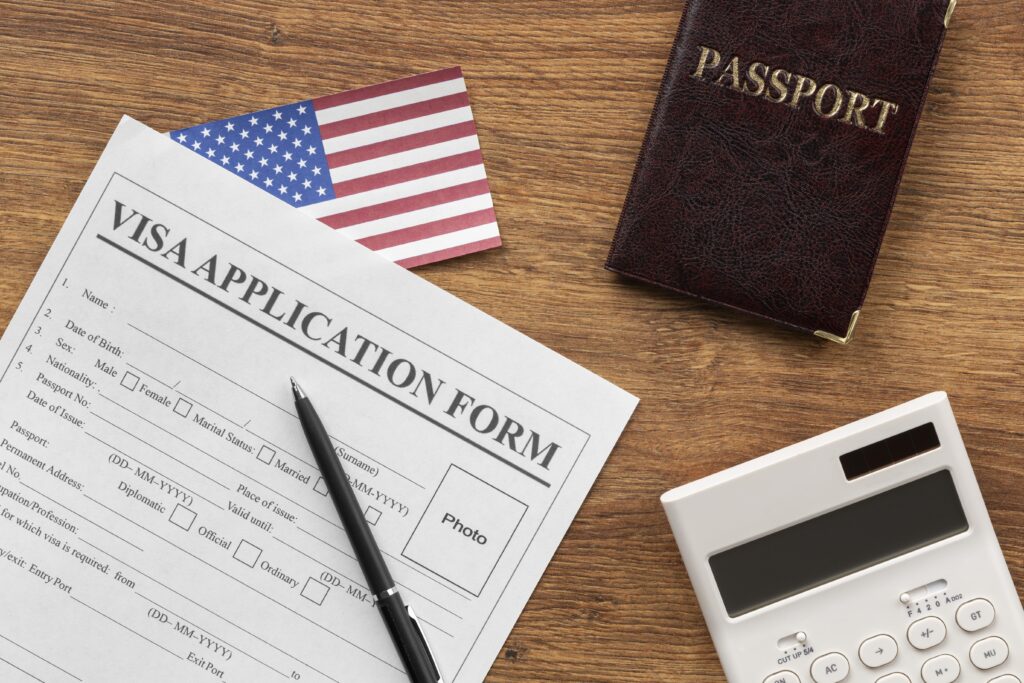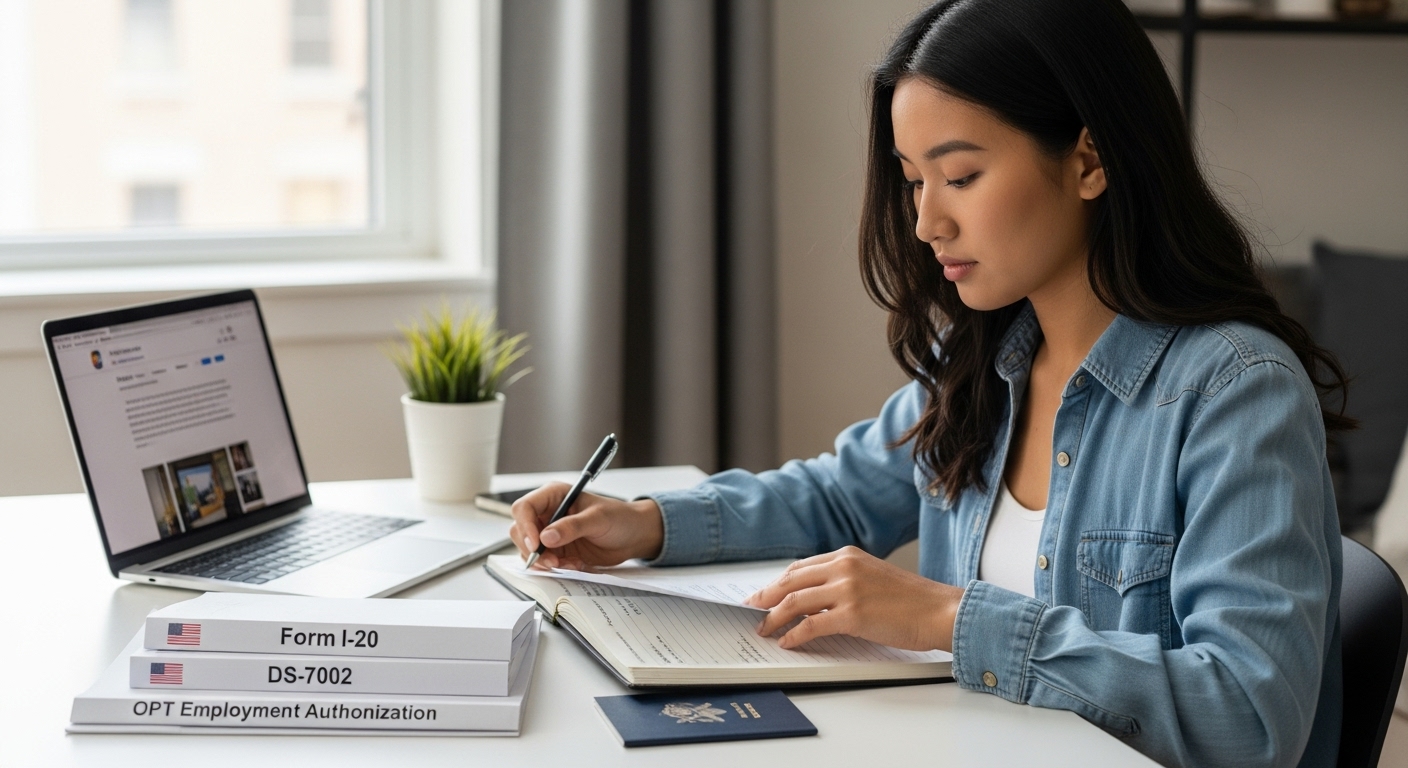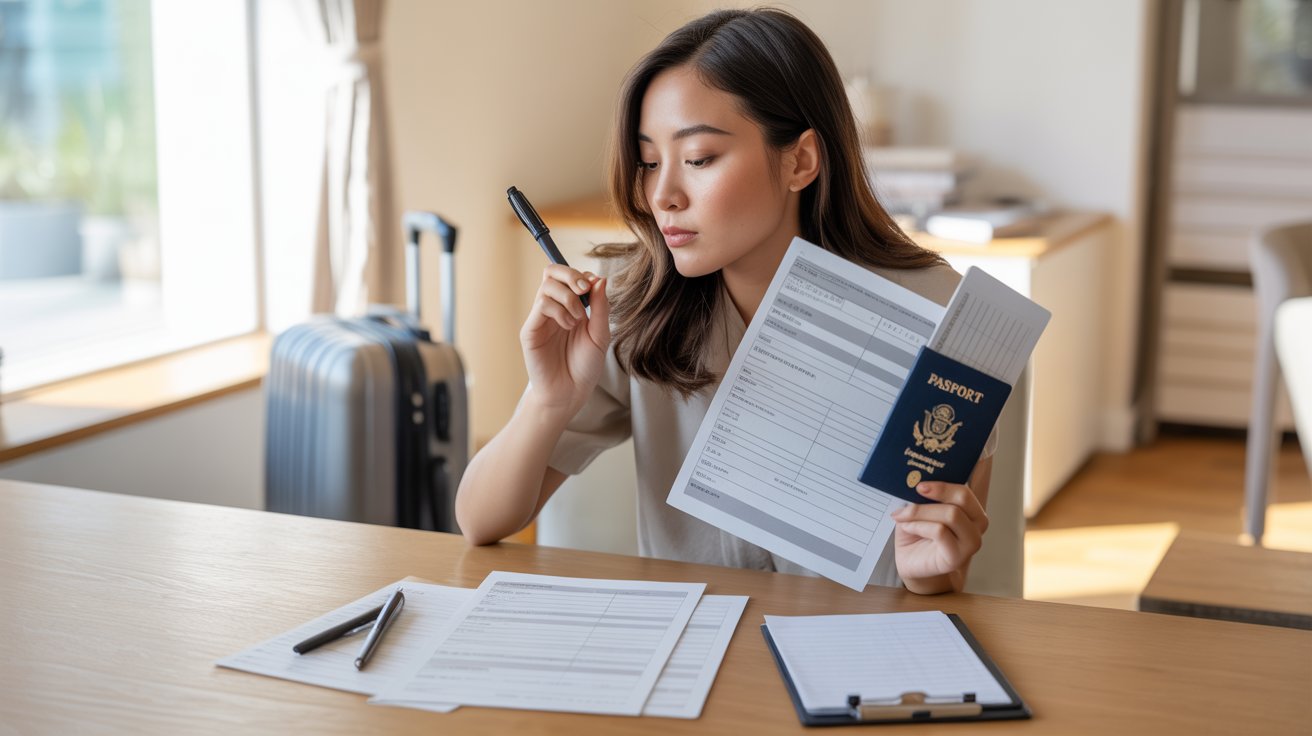What You Need to Know About the J-1 Visa
The J-1 visa is a gateway for individuals from around the world to participate in work and study-based exchange programs in the United States. It is a great opportunity for cultural exchange, where international visitors can experience life in the U.S. while sharing their own traditions. If you are a student, intern, researcher, or professional interested in gaining valuable experience in the U.S., read along this blog as we discuss the J-1 visa.

Who Can Apply for a J-1 Visa?
The J-1 visa covers a wide range of exchange programs. Here are some of the most common categories of participants eligible for the J-1 visa:
- Interns and Trainees: Those looking for hands-on experience in their field of study or profession.
- Students: Secondary or post-secondary students pursuing a course of study or participating in internships.
- Teachers and Professors: Individuals teaching at accredited U.S. institutions.
- Au Pairs: Foreign nationals who provide childcare for American families.
- Researchers and Scholars: Those conducting research or furthering their education at universities or research institutions.
- Camp Counselors: Participants working in U.S. summer camps.
- Physicians: Doctors taking part in clinical training programs.
Each of these categories has specific eligibility criteria and program durations, so it is important to identify the right category that aligns with your goals.
Key Benefits of the J-1 Visa Program
The J-1 visa program provides participants with more than just work or educational opportunities. Some key benefits include:
- Cultural Exchange: One of the primary objectives of the J-1 program is to foster mutual understanding between the U.S. and other nations. You’ll get to immerse yourself in American culture while also sharing your own traditions and values.

- Skill Development: Whether you’re interning, conducting research, or teaching, the program allows you to gain professional skills that will be useful throughout your career.
- Networking: The J-1 visa enables you to connect with professionals, educators, and peers in your field. These connections can have a lasting impact on your future opportunities.
- Extended Stay Opportunities: Depending on your program category, you may be able to extend your stay through program-specific extensions or by transferring to another U.S. visa category.
Requirements and Process
Applying for a J-1 visa involves several steps. Here’s an overview of the process:
- Program Sponsor: You’ll need to find an authorized J-1 program sponsor. The sponsor organization will guide you through the application process and issue your Form DS-2019, which is required for your visa application.
- SEVIS Fee: You must pay the SEVIS (Student and Exchange Visitor Information System) fee to register in the exchange visitor program database.
- Visa Application: After receiving your DS-2019 form, you’ll complete the DS-160 online non-immigrant visa application and pay the visa processing fee.
- Interview: Attend a visa interview at the U.S. embassy or consulate in your home country. Be prepared to show proof of your intent to return to your country after completing the program.
- Visa Issuance: If approved, you will receive your J-1 visa, allowing you to travel to the U.S. and participate in your exchange program.
Two-Year Home Residency Requirement
One important aspect of the J-1 visa is the two-year home residency requirement, which applies to certain participants. This means that after completing your J-1 program, you may be required to return to your home country for two years before applying for certain U.S. visas (such as H-1B or permanent residency). However, waivers are available in some cases, depending on your situation.
Maintaining Your J-1 Status
Once in the U.S., it’s important to follow the guidelines of your J-1 visa to maintain your status. Here are some key points to remember:
- Stay Within Program Duration: You can only remain in the U.S. for the duration of your program, with a grace period for departure.
- Comply with Program Requirements: Follow all rules set by your program sponsor, including participation in the required activities and maintaining your health insurance.
- No Unauthorized Work: You may only work if it is part of your J-1 program or explicitly authorized by your sponsor.
How to Make the Most of Your J-1 Visa Experience
- Engage in Cultural Activities: Take advantage of the opportunities to learn more about American culture and share your own. Participate in local events, travel, and make meaningful connections with people from the U.S. and other countries.
- Develop Skills: Focus on the professional and academic skills you’re gaining during your time in the U.S. These experiences can help you stand out when you return home or pursue further opportunities abroad.
- Network: Build connections with others in your field or community. Networking can open doors to future career opportunities, both in the U.S. and internationally.

Conclusion
The J-1 visa program offers a unique chance for individuals to experience life in the United States, gain professional skills, and participate in cultural exchange. It opens doors for personal growth, global understanding, and career development. Whether you are a student, intern, teacher, or researcher, the J-1 visa provides an enriching experience that can leave a lasting impact on your life and career.
Considering a J-1 visa? Stanley Prep is now authorized by the U.S. Department of State as a J-1 visa sponsor. Talk to us today to explore your options and find the right program for you!





